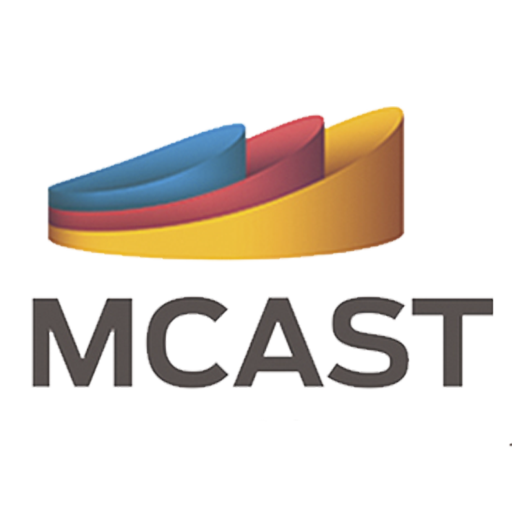Electrical Fundamentals: Students learn the basic principles of electrical engineering, including electrical circuits, components, and systems.
Process Control Systems: The program covers the design, implementation, and maintenance of process control systems used in various industries. Students learn about programmable logic controllers (PLCs), distributed control systems (DCS), human-machine interfaces (HMIs), and industrial communication protocols.
Instrumentation and Measurement: Students gain knowledge and skills related to instrumentation and measurement techniques used in process automation. This includes topics such as sensors, transducers, calibration, data acquisition, and signal processing.
Industrial Automation: The program covers the automation of industrial processes, including topics such as industrial robotics, motion control systems, machine vision systems, and automated material handling.
Programmable Logic Controllers (PLCs): Students learn about PLC programming, troubleshooting, and integration with other automation systems. They gain hands-on experience in programming and configuring PLCs to control and monitor industrial processes.
Process Optimization and Control: The program may include courses on process optimization and control techniques used in industries. Students learn about feedback control systems, PID controllers, process modeling, and simulation.
Electrical Power Systems: Students learn about electrical power generation, transmission, and distribution systems. This includes topics such as power distribution equipment, power factor correction, and electrical safety in power systems.
Industrial Networking: Students learn about networking technologies and protocols used in industrial automation systems. This includes topics such as Ethernet, industrial fieldbuses, and network security considerations.
Electrical Safety and Codes: The program emphasizes electrical safety practices and adherence to electrical codes and regulations in industrial environments.
Project Management: Students develop skills in project management, including project planning, scheduling, and resource management. They may work on real-world projects related to process automation.
Show less














